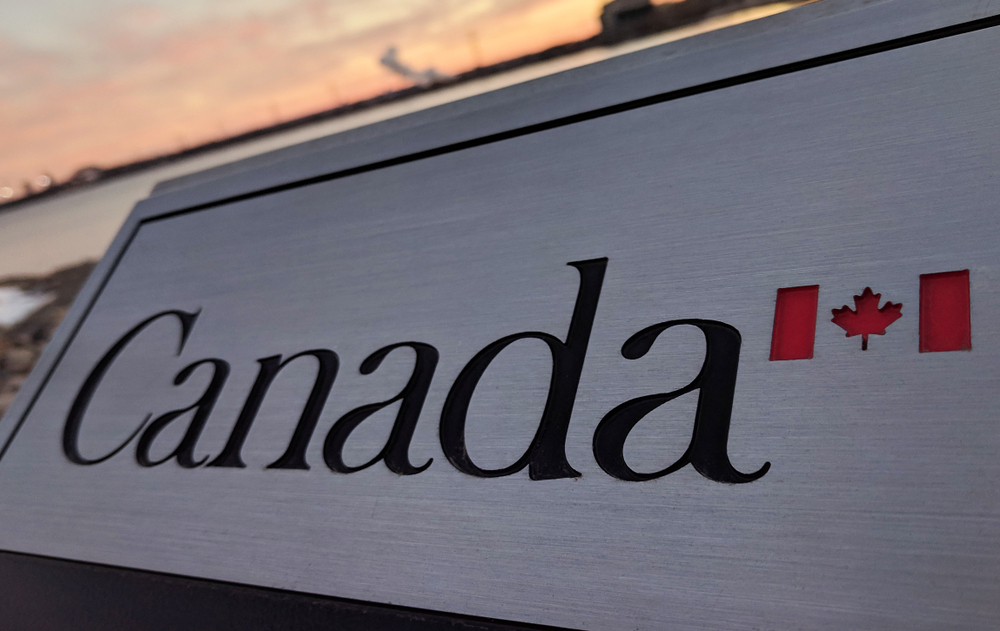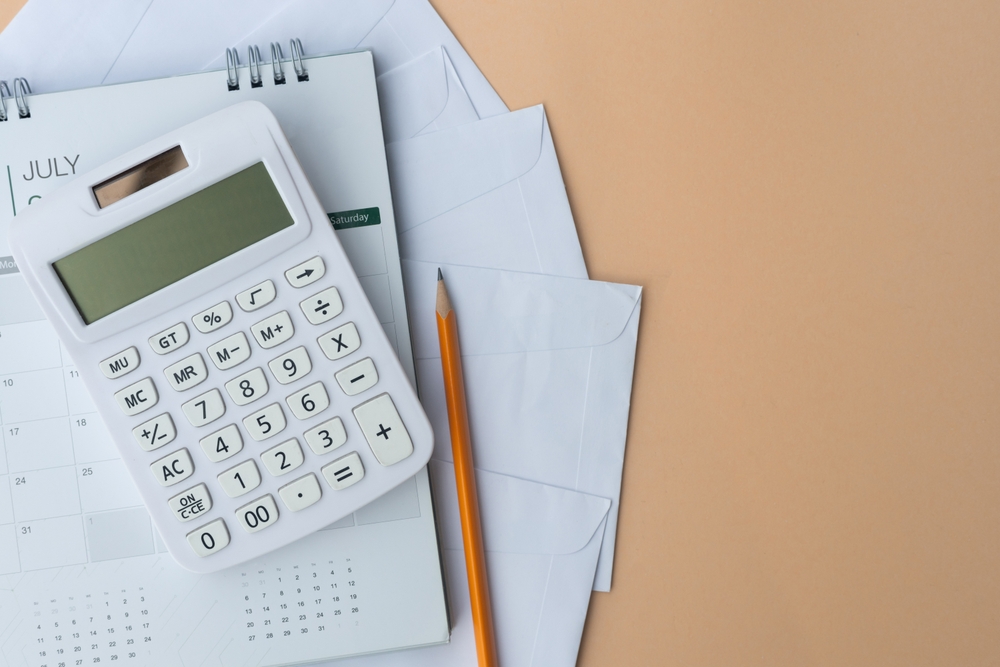We understand that getting out of debt can be tricky. Sometimes even after you’ve reworked your budget, cut back on unnecessary expenses, and done everything else you can to bring your personal finances under control, your only option is to take more extreme measures.
Getting out of debt is difficult, but when you’re down to the wire it can be hard to know if filing for bankruptcy or debt consolidation is the right path for you. There also may be other alternatives that can only be understood through an appointment with a federally licensed trustee in bankruptcy.
Key Points
- Bankruptcy in Toronto
- Bankruptcy vs. Debt Consolidation in Toronto – Which One is Right for Me?
- The Third Option: A Consumer Proposal
Bankruptcy in Toronto
For most people, filing for bankruptcy is a last resort. Here we will outline a few of the pros and cons associated with it:
Pros
- Protection of automatic stay (prohibits creditors from taking any collection actions including calling you) and most importantly stop garnishments
- Eliminate unsecured debt (medical bills, credit cards, lines of credits)
- Lasts 9 months-21 months for a first-time bankruptcy (as opposed to debt consolidation, which can last much longer)
- Eliminates tax debts
Cons
- A dropped credit rating that can stay on your record for 7-10 years
- Sacrifices of lifestyle you must live within your means
- Restricted credit privileges
- Debt Consolidation in Toronto
If you’re wondering what debt consolidation really means; debt consolidation involves reorganizing your existing debts into one monthly payment. You should be aware that there are several pros and cons to debt consolidation:
Struggling with debt? Get professional debt relief in Toronto.
Pros
- Keeps your credit rating higher than bankruptcy
- Allows you to keep your credit cards
- Lower interest rate and monthly payments
Cons
- Still can have a negative impact on credit rating
- Potential to lose property to collectors
- Hidden costs that might end up costing you more
- You may end up only paying interest and not paying the principal which will cost more in the long run and make the debt last for a very long time
- Interest payments may be more on their own than the cost of a consumer proposal or bankruptcy
Read our guide – What happens to debt when someone dies in Canada?
Bankruptcy vs. Debt Consolidation in Toronto – Which One is Right for Me?
Once you’ve weighed the pros and cons, it might still be difficult to know which way to go. Bankruptcy is usually considered a last resort, but if you try for debt consolidation first and end up losing your collateral to loan collectors, you’ll wish you had just filed for bankruptcy in the beginning.
Some financial gurus say that debt consolidation is a con. They maintain that consolidating debt does nothing to fix the source of the problem, and is actually more harmful to the debtor in the end. You will often end up paying more money over a longer period of time than you would if you kept your debts separate.
However, if you can resist the temptation to keep using your credit cards, sell luxury or nonessential items, and live below your budget for a time, debt consolidation might be better than ruining your credit with a bankruptcy claim. And the faster you can pay it off, the better.
The Third Option: A Consumer Proposal
If you don’t think bankruptcy or debt consolidation is right for you, there is a third option. The consumer proposal allows you to pay back a portion of your debt without the stigma and all of the negative consequences of bankruptcy. It will stop collection action but it is not a bankruptcy. You can only do a consumer proposal with a licensed trustee in bankruptcy.
To hear more about all the options, call our firm, Harris & Partners Inc., at 1-800-268-8093 to set up a free consultation before you make a decision. We’d be happy to help!










